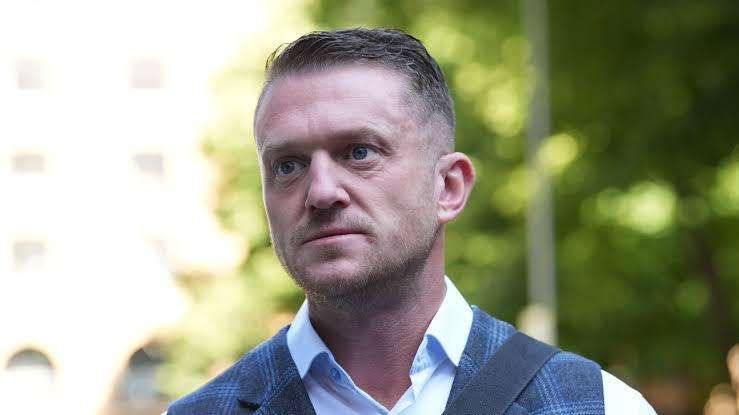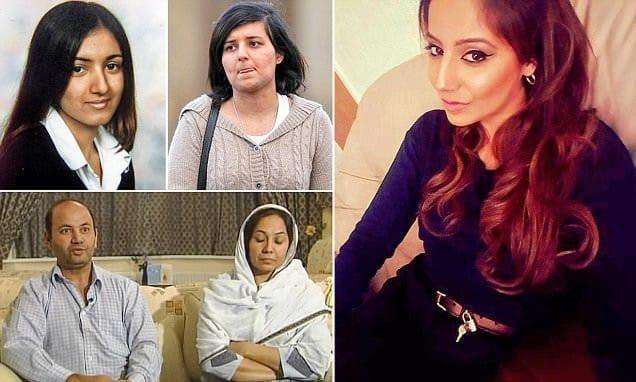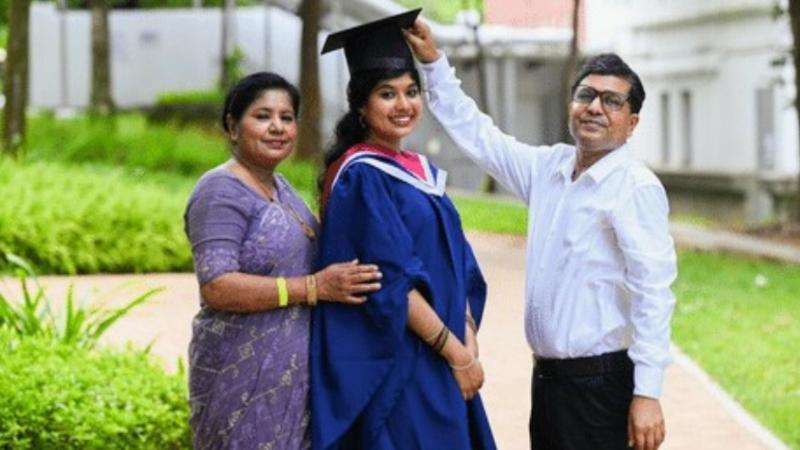Two decades and two years have passed since the disappearance and murder of Shafilea Ahmed, a case that became a grim milestone in the UK's legal history. While the horrific crime itself is now a matter of record, its ongoing legal and social ripples continue to shape Britain's approach to so-called "honour"-based violence.
Her parents, Iftikhar and Farzana Ahmed, are now well into their life sentences, having served over a decade of the minimum 25 years they were given at Chester Crown Court in 2012. The verdict, delivered after a dramatic trial and the brave testimony of her sister, Alesha, brought a form of justice for Shafilea. However, the case's impact extended far beyond the courtroom, spurring a national conversation and legal reforms that are still taking shape today.
The case brought to the forefront the hidden world of "honour" crimes, prompting the government and police forces to develop new strategies for identifying and prosecuting such abuses. Since her death, legal definitions of domestic violence have been expanded to include coercive control, and the practice of forced marriage has been made a criminal offence in its own right. Authorities are now better equipped to recognize the signs of abuse and intervene before it's too late.
Yet, despite the progress, campaigners and police are quick to point out that the struggle is far from over. Efforts continue to improve mandatory training for frontline professionals like police officers and social workers, and a push is underway to legally recognize "honour" as an aggravating factor in criminal sentencing, a move that would ensure harsher penalties and more rigorous investigations.
While her parents remain in prison, the memory of Shafilea continues to serve as a powerful catalyst for change. Her tragic story has been immortalized in documentaries and awareness campaigns, ensuring that her life and the injustice of her death are not forgotten. The case stands as a permanent fixture in the UK's legal and social landscape, a constant reminder of the vigilance required to protect the vulnerable and ensure no other life is lost in the name of a warped sense of "honour."

_6.jpg)
_5.jpg)
_6.jpg)
_7.jpg)



.svg)

_1.jpg)

